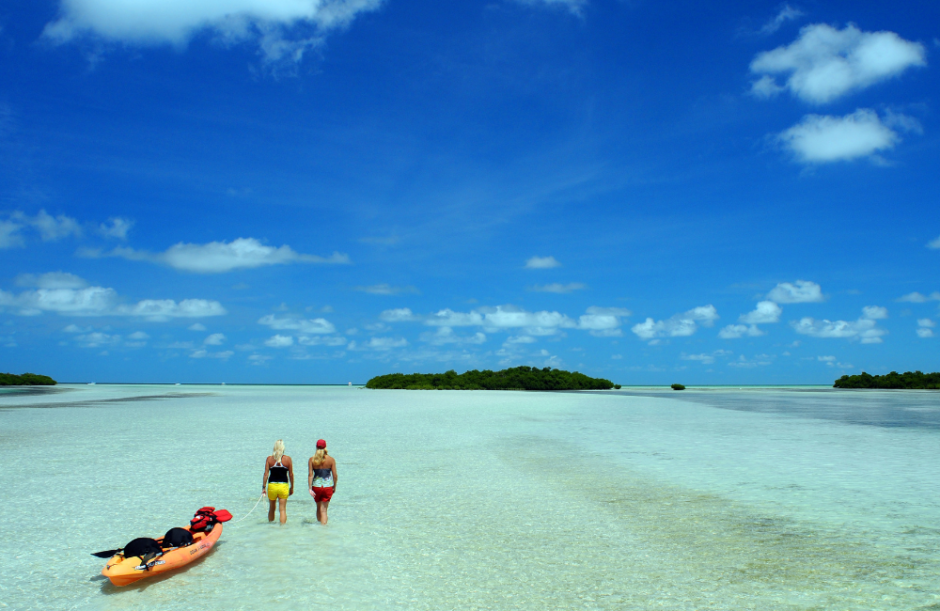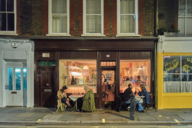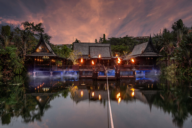Trying voluntourism in the Florida Keys. Why the Florida Keys is an education in eco-tourism.
It certainly wasn’t our original intention to get stuck into saving the coral reef but here we are, within 12 hours of arriving in the tropical Florida Keys, cutting up small particles of coral species with a diamond saw that can then be re-grown onshore to help save the local ecology. Our voluntourism starts here!
For the millions that head to the sunshine state for the theme parks and rides of Orlando or the cool art scene and beaches of Miami, this might seem like a strange activity but if travel guilt and the Swedish notion of flygskam (or flight shame) are making you think again about your travel plans for 2023, how about trying out some eco related ‘voluntourism’ to counter-balance your conscience?
In a region that gets closer to the Caribbean the further south you travel, the residents of the Florida Keys know exactly how devastating the effects of global warming can be. Continually battered by devastating hurricanes, and the increasing threat of higher sea levels risking coverage of the low-lying string of islands, the people keeping the Keys safe have a lot to protect.
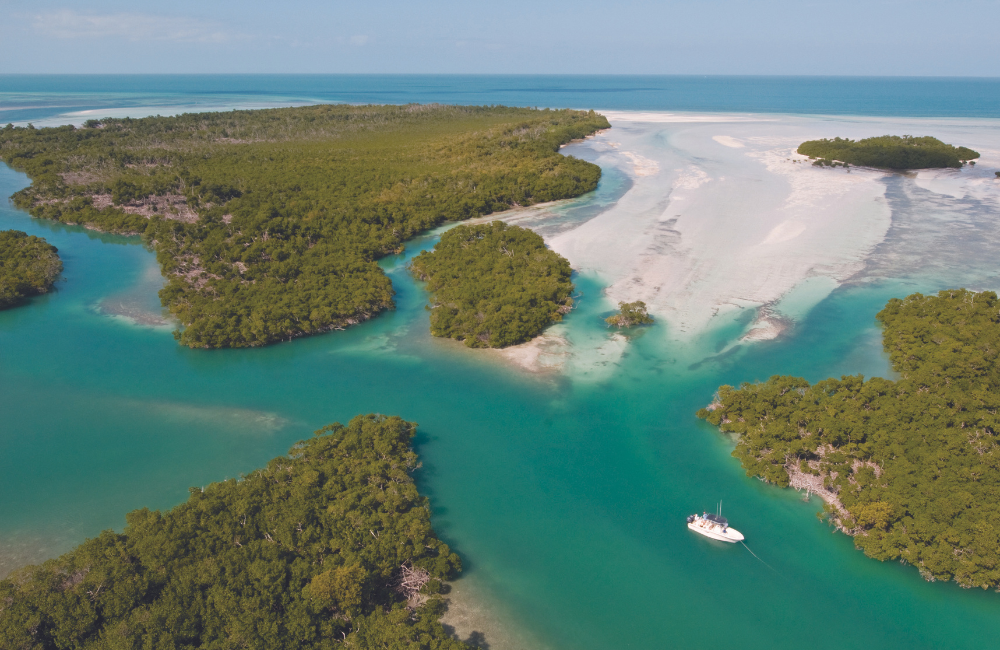
The alluring tropical climate of this region beckons visitors who seek fishing, snorkelling, and scuba diving opportunities along its 120-mile stretch between the Atlantic Ocean and the Gulf of Mexico. The drive is a feast for the eyes, with a series of interconnected bridges that allow travellers to leapfrog down one of the most beautiful routes they’ll ever witness. In the past, steam trains used to transport people along the railways, but hurricanes in the 1930s wiped them out. Nowadays, the best way to experience this stunning eco-education is to take a car and meander your way along the famous U.S. Highway 1, immersing yourself in the ultimate nature ride.
“This is a national wildlife area, and it is a pretty unique jewel.” Says Bill Keogh of Big Pine Kayak Adventures, who offers up bespoke tours of the lower keys sharing knowledge of the species that call the islands home.
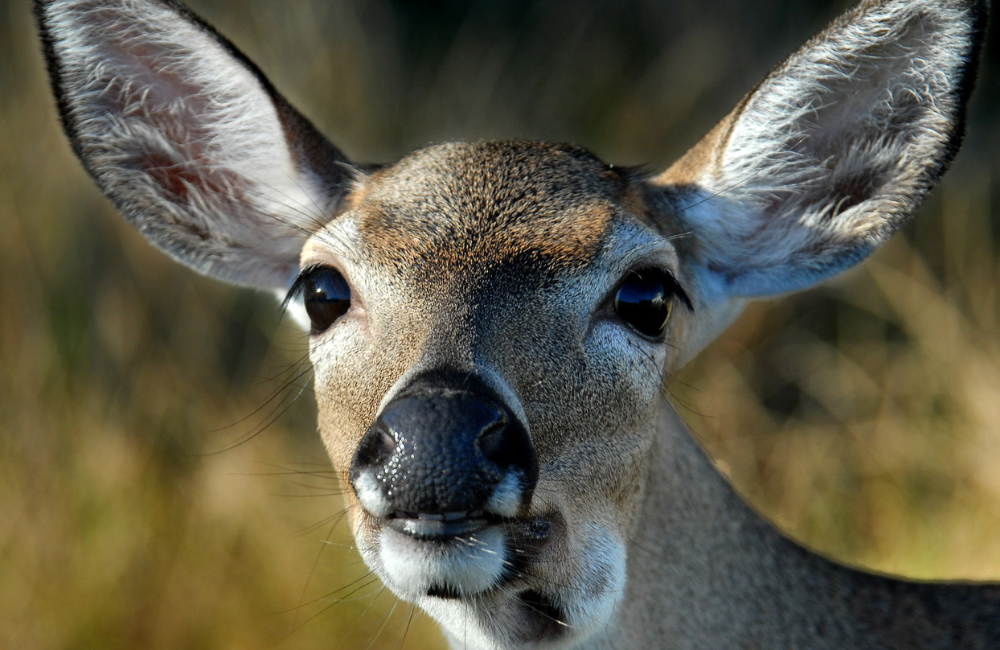
“It’s sub-tropical America, that is unique in itself; the blending of the temperate and tropical. We have coral reefs and pine trees all on the same island. The bio-diversity here, and all the critters you find here, a lot of them are endangered and unique genetically. They are one-offs. If you don’t protect that diversity the whole system can collapse that is why it is so important.”
Bill, who is one of the many ‘Stewards of the Keys’ and part of the ‘Protecting Paradise Campaign’ believes the issues are due to the continued encroachment on the habitat. One of the endangered species is the Key deer, which lives on the islands, swimming between them in search of fresh water. “There’s a lot of components that can come into population decline. It is complicated. I’d say it is just the mass of people that are in Florida itself.”
The good news is that the Big Pine Key area that Bill shares his love of now has the of protection an international wildlife refuge meaning it can’t be built on.
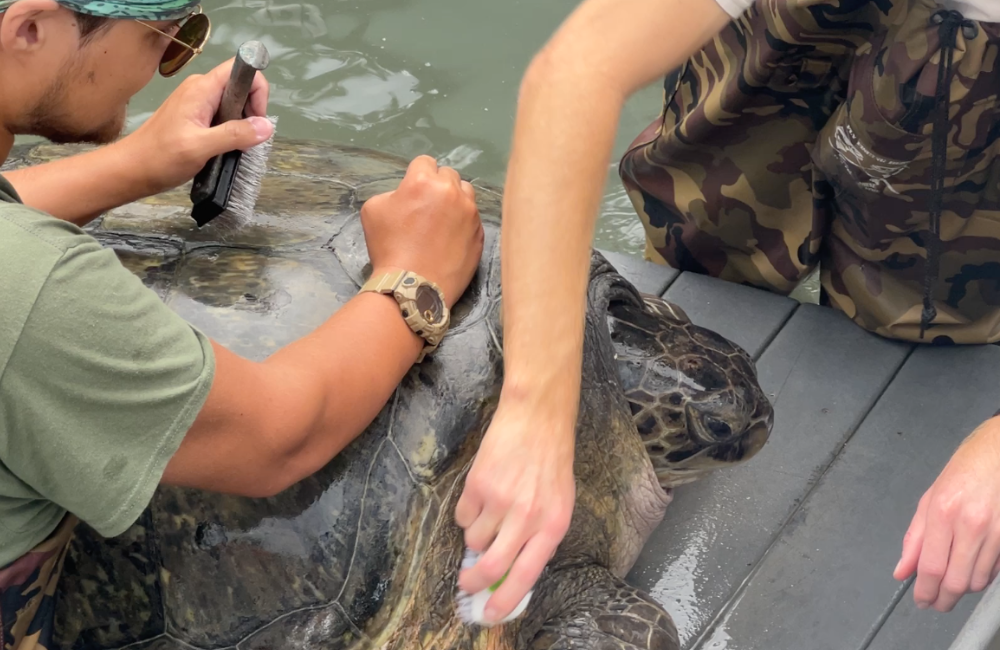
Sea Turtles are having a really hard time along Florida’s shores and the Turtle Hospital is helping to rescue and nurture some of them back to health. With state-of-the-art facilities, the hospital takes in and treats injured turtles and, when possible, returns them to the wild.
Engaging and empathetic the manager of the Hospital is the awesome Bette Zirkelbach who is busy all hours of the day with her team as the demands of rescuing the turtles mean one moment she can be driving the Hospital Turtle Ambulance to pick up a new rescue or scrubbing hatchlings bellies clean the next.
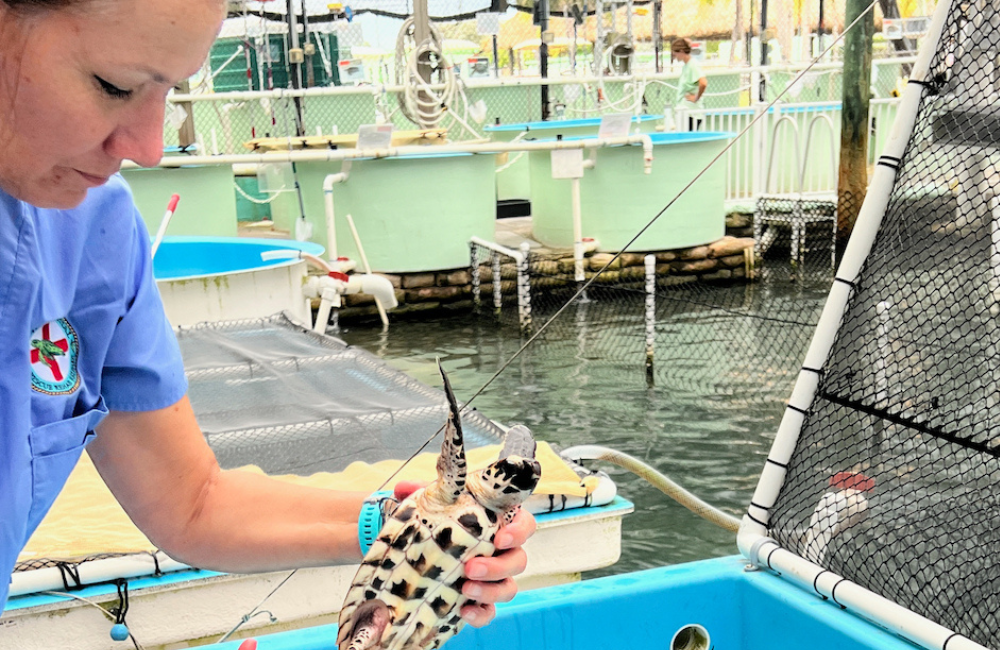
Early mornings she can be found transporting newly arrived turtles to human hospital facilities for scans which will help identify injuries before giving tours and educating visitors about the turtle’s plight.
Bette does a great job on Facebook too with regular live updates on how Turtles are doing, new residents to the hospital and, most excitingly, the live releases of turtles who are restored to full health.
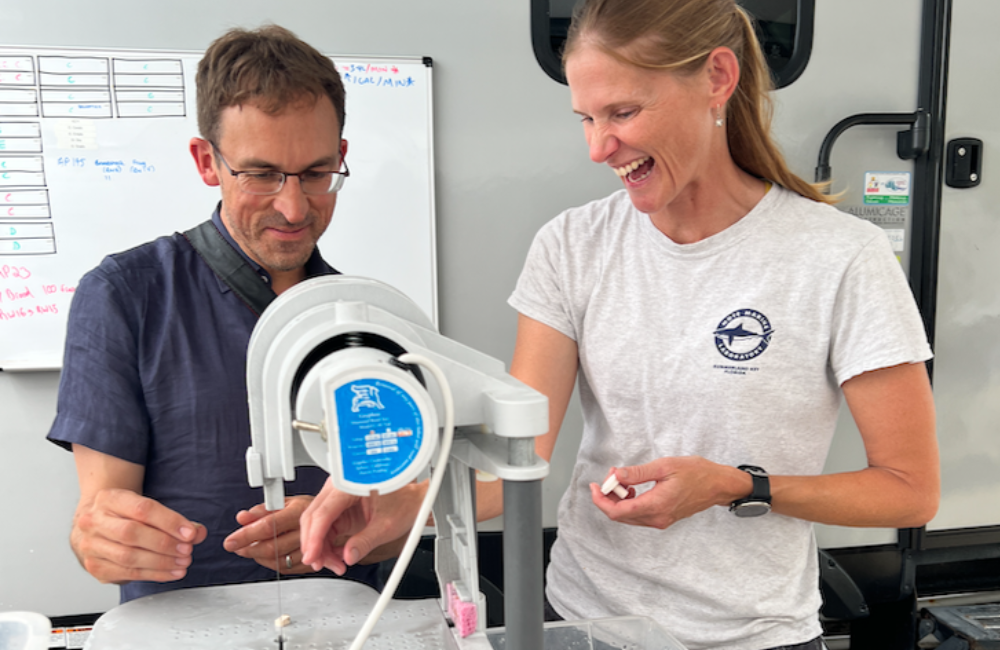
At mile marker 75 on Highway 1 you hit the lowest point of keys with the greatest threat of ocean water rises. For the coral reef along the Keys, it’s a bleak situation with only 2-5% of it left and almost total distinction as disease ripped through the corals.
“It’s not fully repairable but sustainable and functional,” says Senior Biologist Sarah Hamlyn. The Keys is home to North America’s largest land-based coral nursery, Mote Marine Laboratory, and their satellite space in Islamorada is where they can grow coral more rapidly in controlled conditions on land. The land-grown coral is then planted back out to the reef.
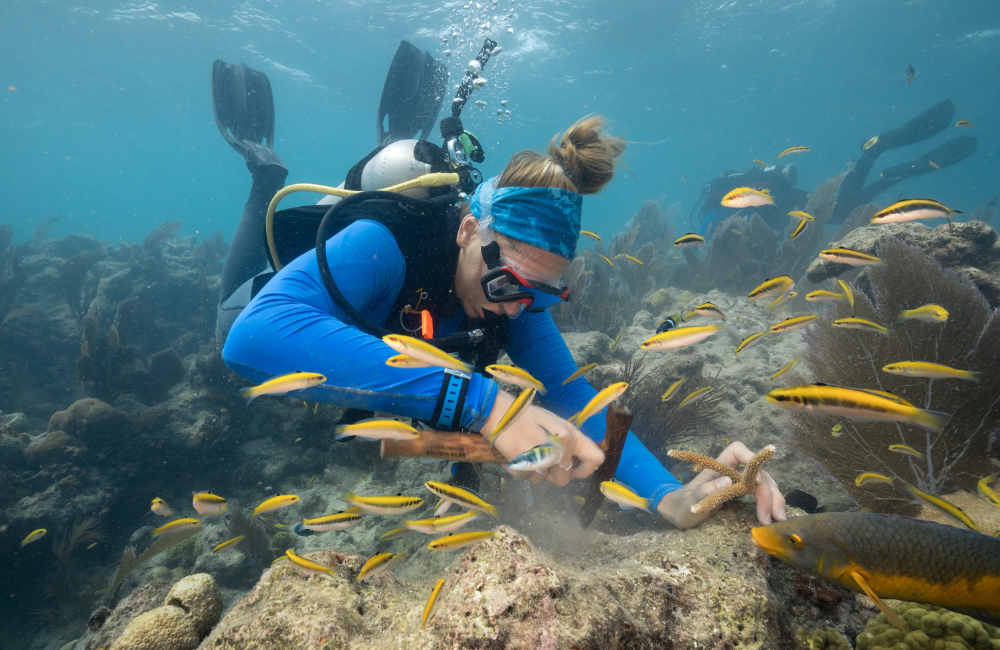
Growth using this technique is 50-60 times faster, and with reefs only spawning a few days during the August full moon they need all the extra help they can get.
The reef is incredibly important to the Keys and is directly attached to its residents’ way of life. Without it the whole ecosystem can be shaken up causing fish patterns to change and an overgrowth of algae. It also acts as an important barrier to storms, breaking wave energy and protecting low-lying land from water.
Tourists visiting can book in and be inspired by the marine biologists; finding out how new innovative techniques, diamond saws and some circular ceramic plugs are helping reefs to regrow while taking part in a workshop yourself.
“People are able to have a real hands-on approach to restoration and really understand the importance of the reef.” Which, Sarah believes, is the best way to show the impact of climate change. The team have out planted well over 100,000 corals and are continually testing for resilience giving the new growth the best chance to establish itself.
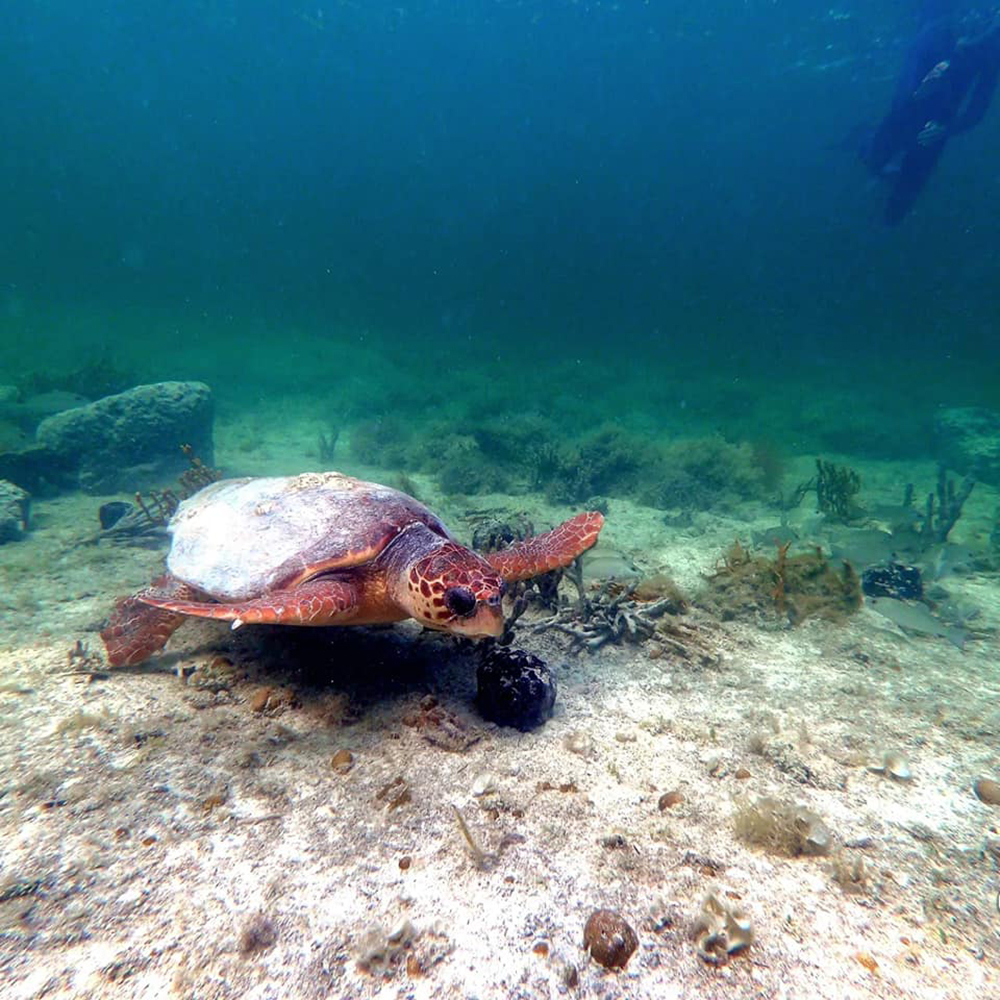
Honest Eco run two trips a day out of the Key West marina on its custom-built baby blue electric boat. Small groups are invited to learn about how the keys were formed (over 120,000 years ago on ancient coral reef), the beautiful wildlife and what you can learn about the behaviour of the Dolphin pods that call the area their home.
What makes the tour so special is the sheer enthusiasm and knowledge of Head Captain, Brady Stonesifer who can turn geology, history and nature into an awe-inspiring couple of hours. You get to go out to swim and snorkel with the crew who will show you the fish and coral and, when possible, meet some of the dolphins who might want to join in.
The 4-hour tour is about learning more and respecting the wildlife around the Keys as you head out 5-6 miles north to where the dolphins can be found in their playground. And as the crew are so familiar with the dolphins they can interpret behaviours and will know if the pod are welcoming to swimmers or might want to be left alone. The dolphins are also recognised by the crew by the unique markings on their fins so as they are spotted you’ll learn more about their individual stories.
As we all become increasingly aware of the effect travel can have on the planet people across the Keys are making great headway to do something that can help challenge people’s perception of travel while getting hands-on experience. You can find out more here: https://fla-keys.com/sustain/
Find out other places to stay and visit with our Florida Keys Highway 1 Road Trip tips here.

